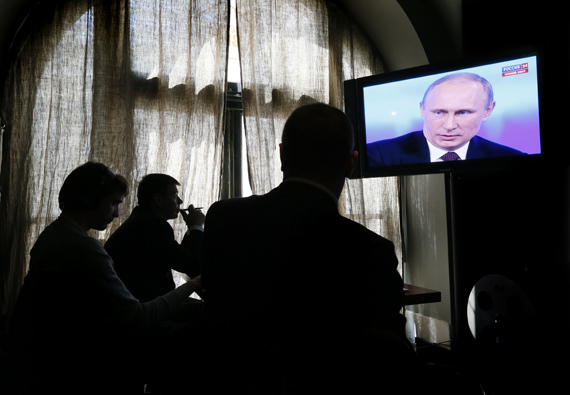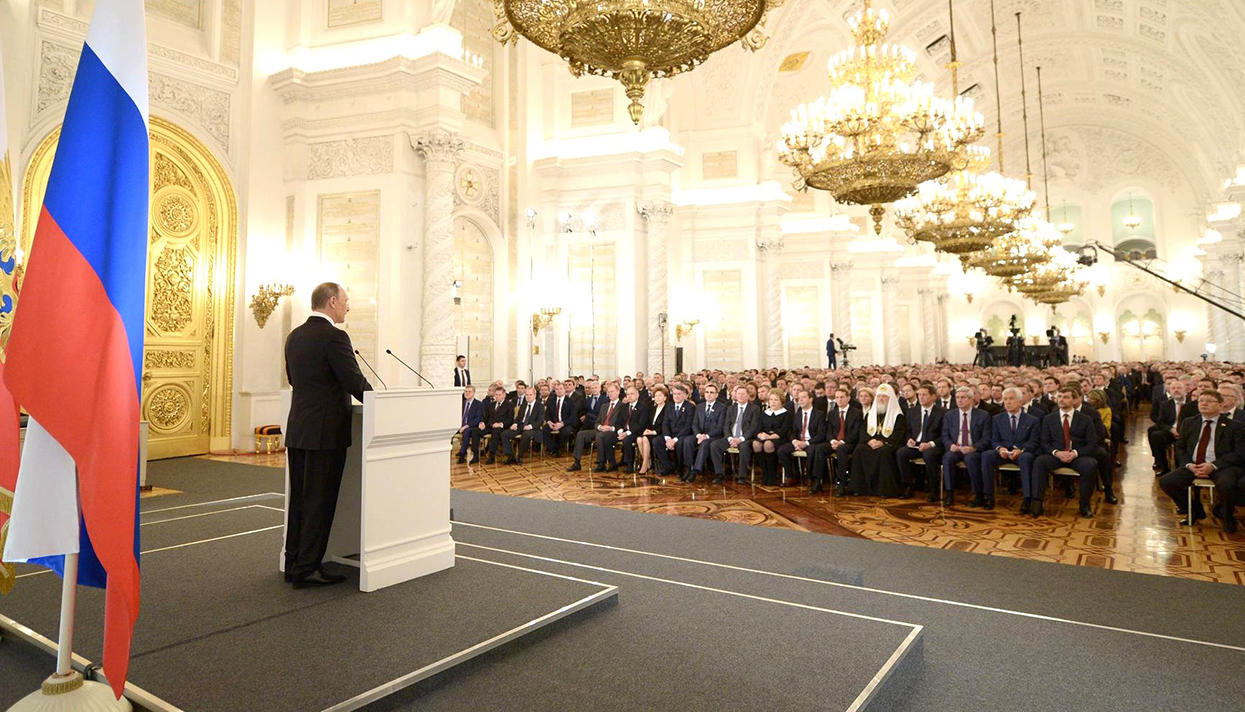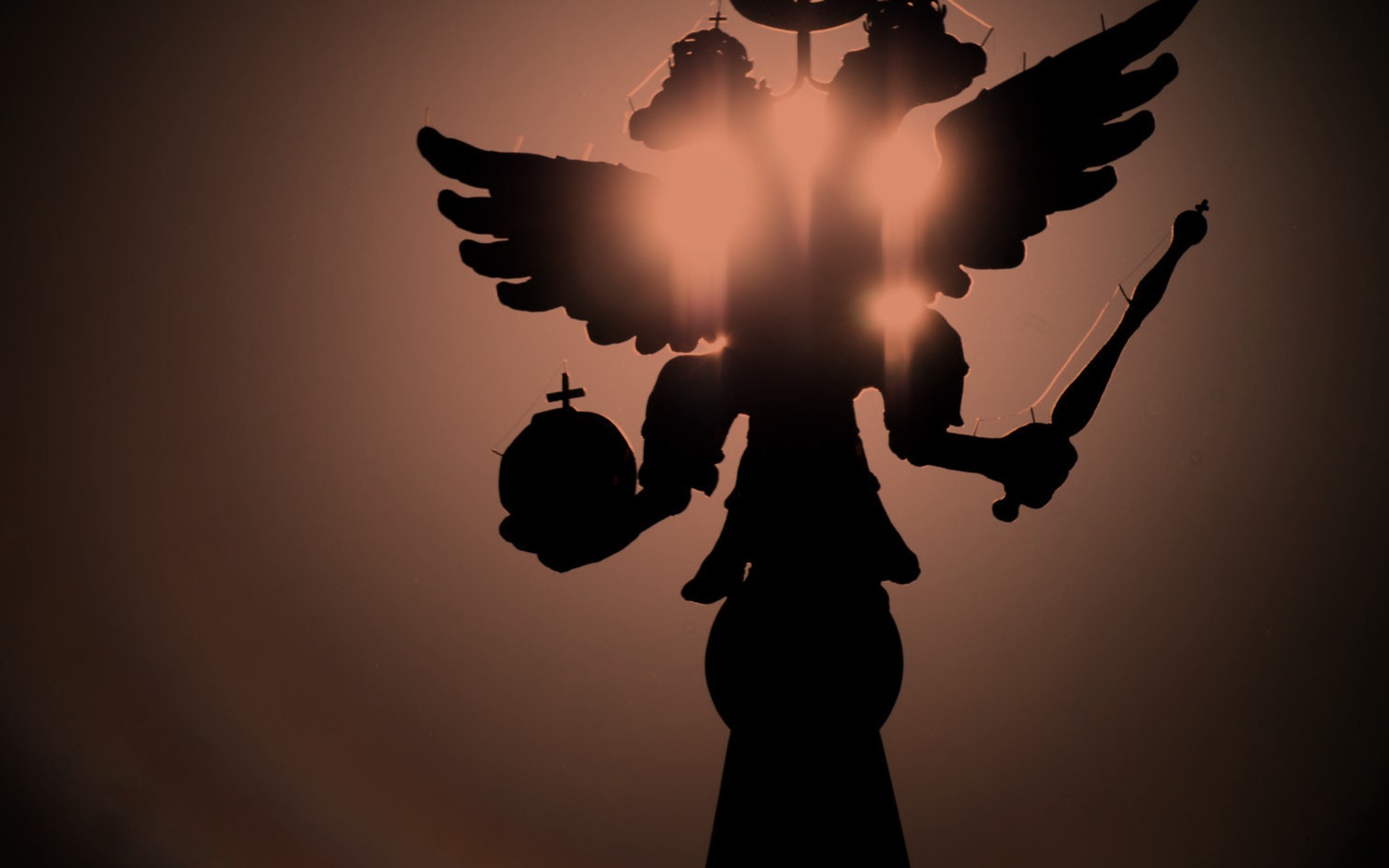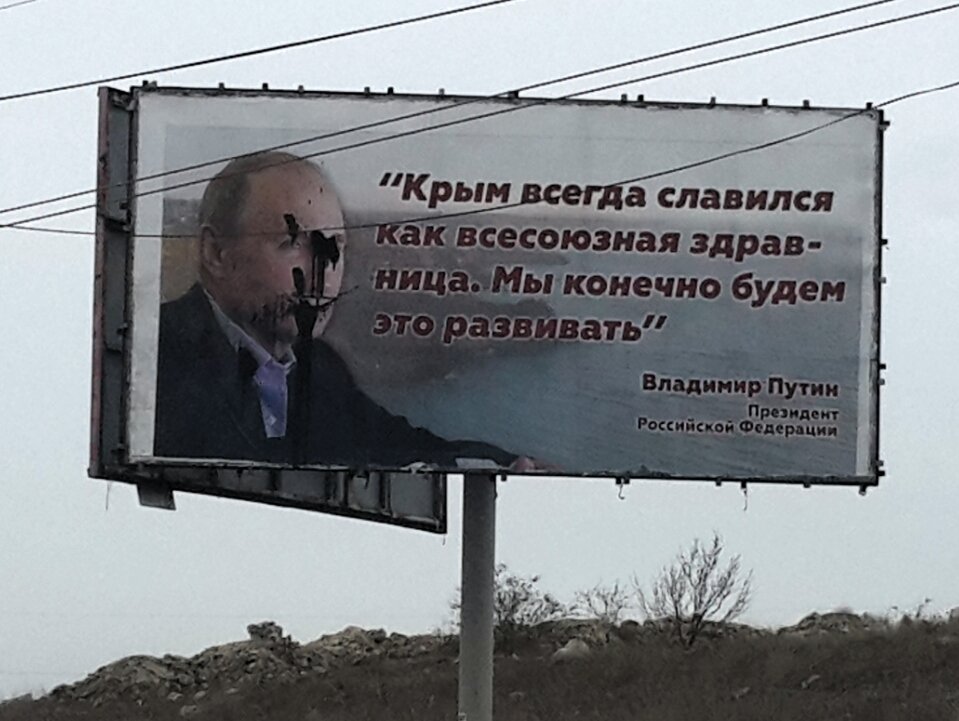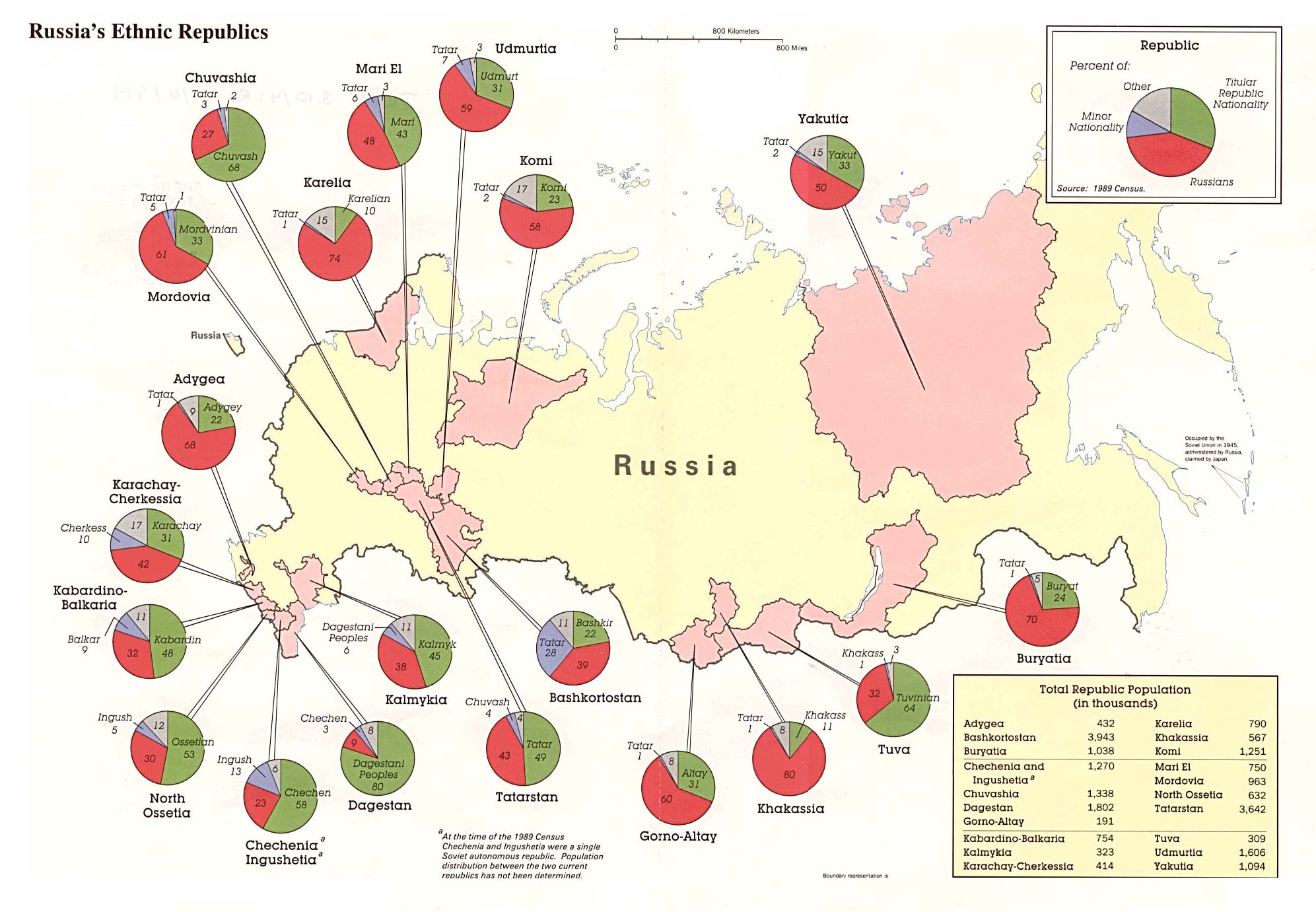Vladimir Putin’s bombast and aggressiveness both is rooted in and helps conceal the underlying reality: “the situation of Russia is much more difficult than it appears,” as even the most superficial examination of Russian realities demonstrates, according to Moscow political analyst Vasily Zharkov.
In a commentary in yesterday’s “Novaya gazeta,” the scholar at the Moscow Higher School of Social and Economic Sciences points to five reasons that Moscow propaganda has with some success sought to conceal not only from Russians but from citizens of other countries as well.
First, he writes, “Russia is a poor country.” However much people focus on the limousines of its wealth, the future pensions of its citizens are so small that they would elicit only pity “in the poorest of the EU countries” and the state of its villages and other rural areas is comparable to “the poorest countries of Africa.”
Indeed, Zharkov says, “the shine of the capital windows is not so much a sign of wealth as evidence of the bestial inequality and injustice which somehow is accepted as the norm.”
“The shine of the capital windows is not so much a sign of wealth as evidence of the bestial inequality and injustice which somehow is accepted as the norm.”
Second, he argues, “Russia is far from united. Moscow and the provinces are not simply different countries,” but on opposite sides of the border “between the first and third worlds.” As it has worked out, Russia has established “within itself” the global inequality which exists elsewhere between countries.
Third, having lost Soviet political institutions but “not acquired any others in exchange, Russia is balanced at the edge of a war of all against all,” an “internal” conflict which was concealed during the period of high prices of oil but is now very much on public view for anyone who will look.
It is not really a state in the modern sense.
Instead, it is a “neo-feudal” structure in which corruption plays the key role. Theft of oil and gas revenues are in fact at the core of the much-ballyhooed “power vertical” because they and not anything else are “the basis of loyalty to ‘the system.’”
Russia is balanced at the edge of a war of all against all,” an “internal” conflict which was concealed during the period of high prices of oil but is now very much on public view for anyone who will look.
Fourth, “Russia cannot any longer be considered a big country” because its “enormous territory has still not been colonized completely.” Instead, it is hollowing out as a result of irreversible demographic decline, something that won’t be reversed because Russia “remains among those countries least attractive for immigrants.”
Some people are afraid that the depopulation of Russia will lead to its occupation by others, “but there is another variant,” one in which it will become a territory no one needs or wants except for its natural resources. Those others will be able to take because Russia will not be able to prevent them from doing so.
And fifth, Zharkov writes, “Russia is no longer a country where Nobel laureates are born. All out cultural and scientific achievements are in the past. In the present, libraries burn, schools and universities contract, obscurantism replaces humanitarian knowledge with magicians driving out contemporary medicine.”
In recent months, Moscow has threatened the world with its nuclear weapons, something that will work only until the US and China develop new weapons that Russia cannot and leads the rest of the world to wonder “what can be done with a country which threatens to organize the end of the world.”
Some say that Russia can lift itself out of all these problems as it did in the 1930s by a mobilization regime. But that is a false hope. There aren’t any more peasant masses who could become a new “labor army,” and bringing in labor migrants from abroad is going to be ever more difficult, whatever the government thinks.
Moreover, he points out, Russia has succeeded in getting embroiled in a fight with the West, “without the participation of which over the last 500 years not a single branch of industry in Russia has arisen.” Even Stalin’s industrialization would have been impossible “without the technological participation of the United States and Germany.”
Many Russians have exalted in the annexation of Crimea without recognizing that that action carries with it a threat to their country as well: if Russia doesn’t respect the borders of other countries, it “shouldn’t be surprised if at some point” its own borders are changed and “not only by our will.”
Still, many Russians and others are convinced that Moscow still has the ultimate support – nuclear weapons, “which were achieved for the USSR by the American family of the Rosenbergs in the name of the unachievable idea of the construction of communism.”
In recent months, Moscow has threatened the world with its nuclear weapons, something that will work only until the US and China develop new weapons that Russia cannot and leads the rest of the world to wonder “what can be done with a country which threatens to organize the end of the world.”
“By its own policies,” Zharkov says, “Russia has put itself and its future at risk. The world looks at [it] with surprise and horror.” For a time, it may be frightened into going along. But as with everything, there is a limit to this – and the world may decide that it can do without Russia just as it has learned to live without Carthage and without the Golden Horde.

